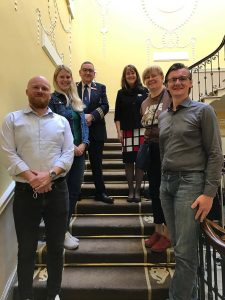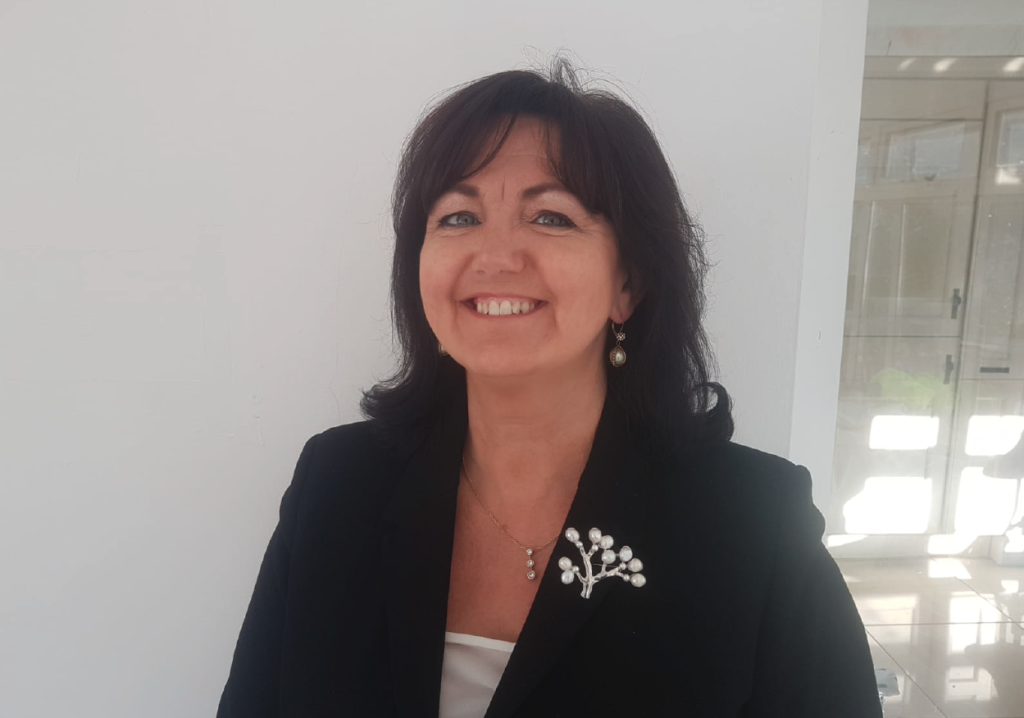
One of the clear objectives for HOPE since its foundation has been the promote exchange of knowledge and good practice. In 2019 the Royal College of Surgeons in Ireland, Institute of Leadership (former), Graduate School of Health Care Management designed a bespoke leadership programme for the new generation of senior leaders in health care systems. This short programme continues to support HOPE exchange participants during their stay in Ireland, writes Caroline O’Regan.
The aim of the programme starts with “Learning to lead the system”. We know the most senior in health care and across public sectors recognise that systems leadership requires different approach and skills from the heroic individual leadership from past decades. COVID has put a spotlight on why this is not an effective way to lead or manage health and social care environments as we begin to emerge from a pandemic and how we lead into the future.

We know the following;
1: That traditional approaches to leadership have important limitations, with the emphasis on developing individual capability while neglecting collective leadership capability. The evidence is overwhelming that compassionate leadership enables all to feel they have shared responsibility, shared leadership in teams; working collectively across boundaries and consistent approaches to leadership across the leadership community of health and social care organisations. If it is not inclusive it’s not system leadership. Systems leadership is “leadership as participation” rather than “leadership as performance,” and although it is individuals and not systems that produce change, systems leadership by definition is the concerted effort of many people working together at different places in the system and at different levels, rather than of single leaders acting unilaterally.
2: Secondly, collective (inclusive & compassionate) systems leadership – leading in the spaces between – cross boundaries, both physical and virtual, in the effort to deliver new ideas and solve long-standing problems. It therefore extends individual leaders well beyond the usual limits of their formal responsibilities and authority.
But what does this mean for the individual leaders and managers? Regardless of the setting, the shift of focus from organisation to a collective (inclusive & compassionate) system requires a shift of capabilities (and underlying intelligences) within the person. We describe this as a shift in “meaning making capacity” – a whole different way of perceiving and acting in the world – a shift which takes place over years but can be accelerated by deliberate learning activities, experiences and conversations that challenge previous ways of thinking.
The programme focuses on building leadership capabilities and provides HOPE Exchange Participants with opportunity to
- Reflect on work within a system perspective.
- Diagnose complex situations and work with others to design “relevant interventions” for ‘adaptive’ or ‘wicked’ problems.
- Share models of collaborative and distributed leadership.
- Understand how they manage levels of complexity and uncertainty in their decision making.
- Remain resilient and adaptable under pressure and lead transformational change.
- Build a leadership identity and presence that is authentic.
The programme is designed to create learning in the domains, helping leaders develop the specific capabilities associated with system leadership:
- Personal Development – Personal resilience in complex situations; establishing leadership identity and presence. Adapting your style – working effectively across different boundaries
- Relational capability – effectively across different boundaries contexts and systems.
- Socio-political understanding – being influential and galvanising action. Understanding groups and group dynamics.
- Systems Thinking – Reading the system – diagnosing complex situations. Working with big data- collecting, pattern detection.
The programme is co-designed with the HOPE exchange participants to ensure that they get what they need from the experience. A range of psychometrics are included to help identify personal leadership style and signature strengths. The programme approach is in accordance with principles of self-directed and peer-to-peer sharing and experiential learning. With each participant identifying and works through a personal leadership challenge with an issue of “real work” that gives them a testing ground for new ideas and suggested approach, going forward.

